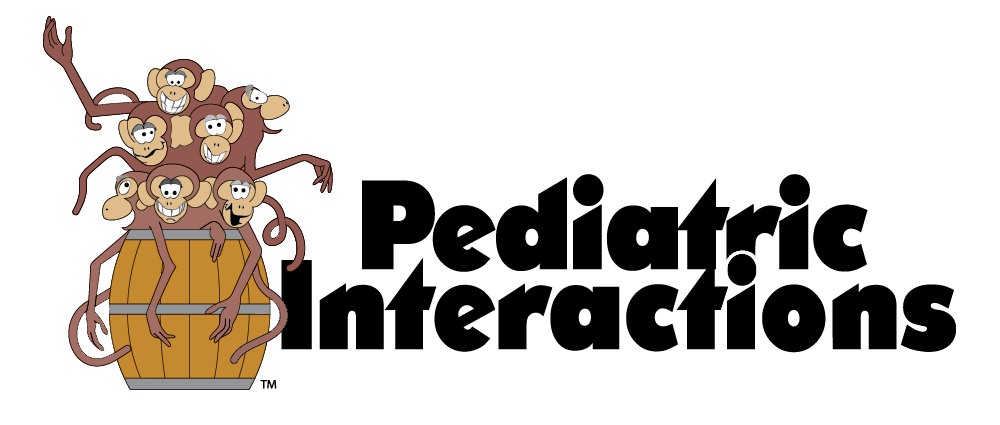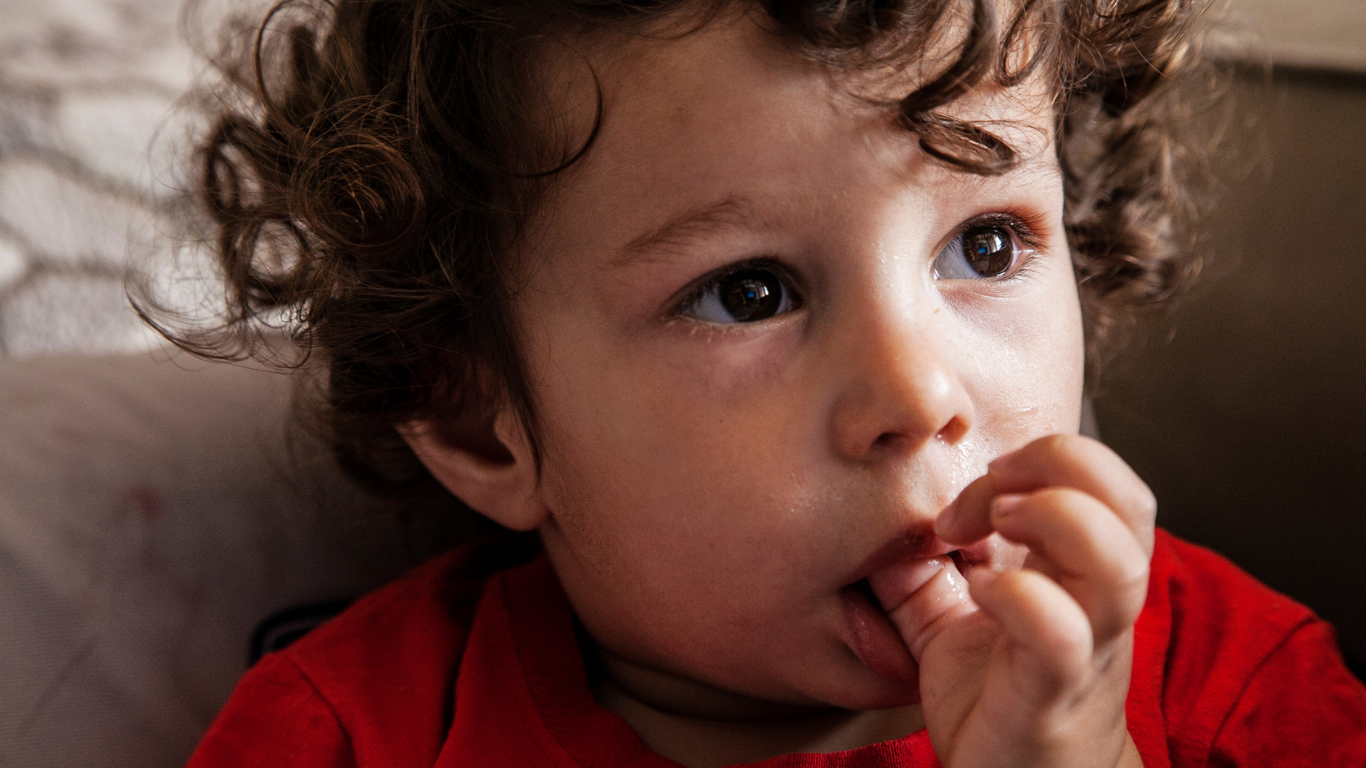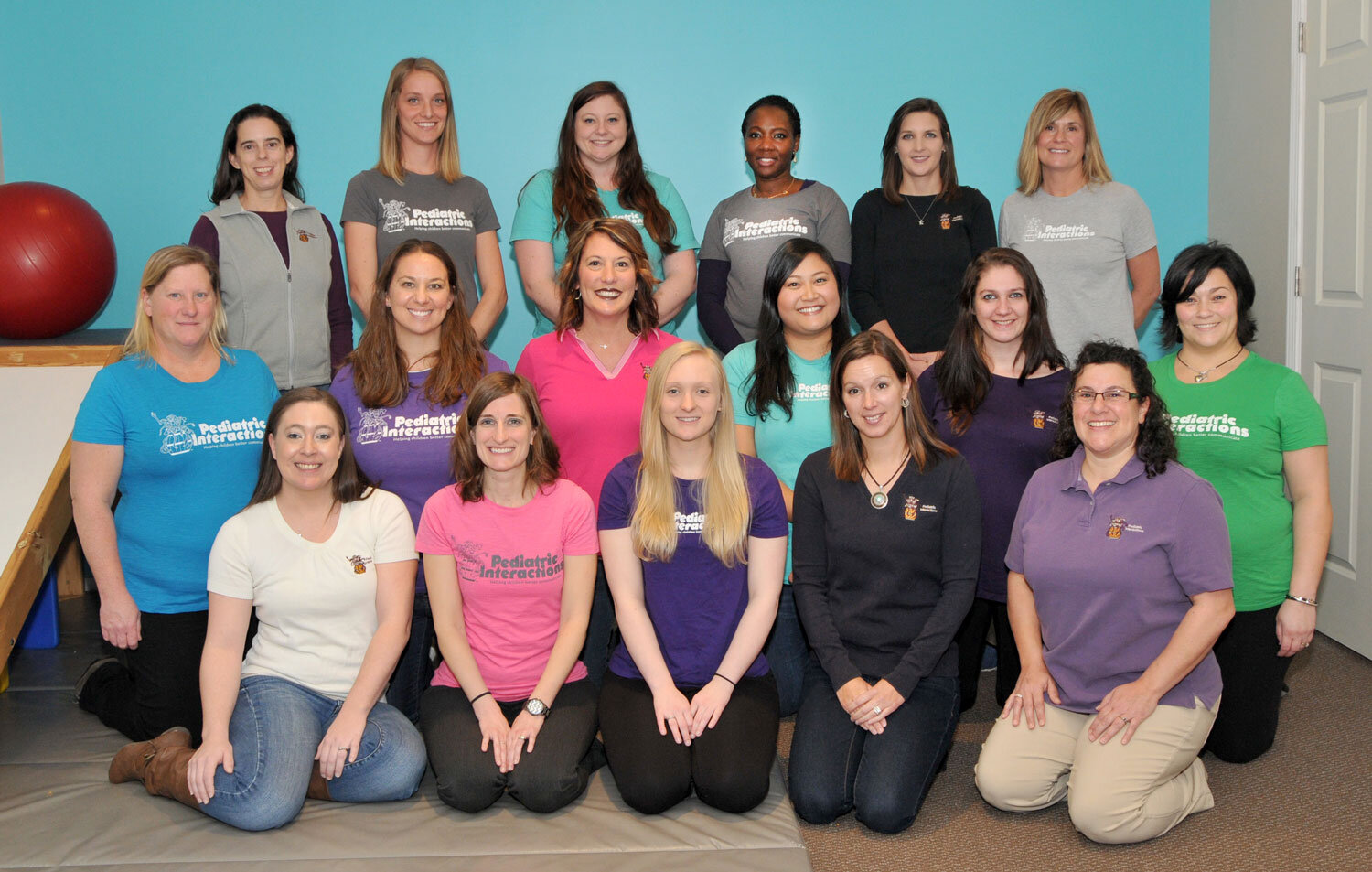Get Rid of Sippy Cups…Are You Kidding?
A sippy cup is usually the first cup parents use to transition their child off the bottle. Don’t get me wrong, the thought of “no spills,” my child drinking early by herself, and the convenience of traveling with a cup is a dream come true. That’s why sippy cups were invented and marketed to parents, not kids.
Why is the sippy cup so bad? A spouted sippy cup is just a “hard bottle.” By 12 months, a child should be drinking from a straw and open cup. The straw can actually be introduced as early as 4-6 months, although some kids may not interested in drinking from it until 7-9 months
Drinking from a straw or open cup promotes more mature swallow patterns, whereas an infant swallows (actually called“ suckling”) by bringing their tongue forward to their gums. Take a sip and swallow….. a more mature swallow involves lip closure and moving your tongue backwards. This is important for speech development. The tongue thrust movement can develop into a lisp and can also impact your child’s dentition, changing your child’s facial structure and resulting in the need for braces.
Introduce your child do to open cup drinking early. Allow them to take sips while you hold it. You can also use cups that have a recessed lid, like a coffee cup, which slows the flow and allows them to develop the jaw strength while drinking from an open cup.
February is National Children’s Dental Health Month. Dentists and orthodontists share a lot of patients with speech/language pathologists due to the overuse of sippy cups which can impact the tongue movements and dentition. It’s recommended to take your child to the dentist when the first tooth erupts or at least by his/her first birthday. So, this month, pledge to ditch the sippy cup and give your child a straw or open cup.
Support Is Available
Whatever stage your child is at, littles to young adults, know that you are not alone. Please reach out to those around you for resources. We are happy to help at Pediatric Interactions, Inc. for your therapy needs and/or to provide you with resources that may be helpful: www.PediatricInteractions.com and follow us on Facebook.







